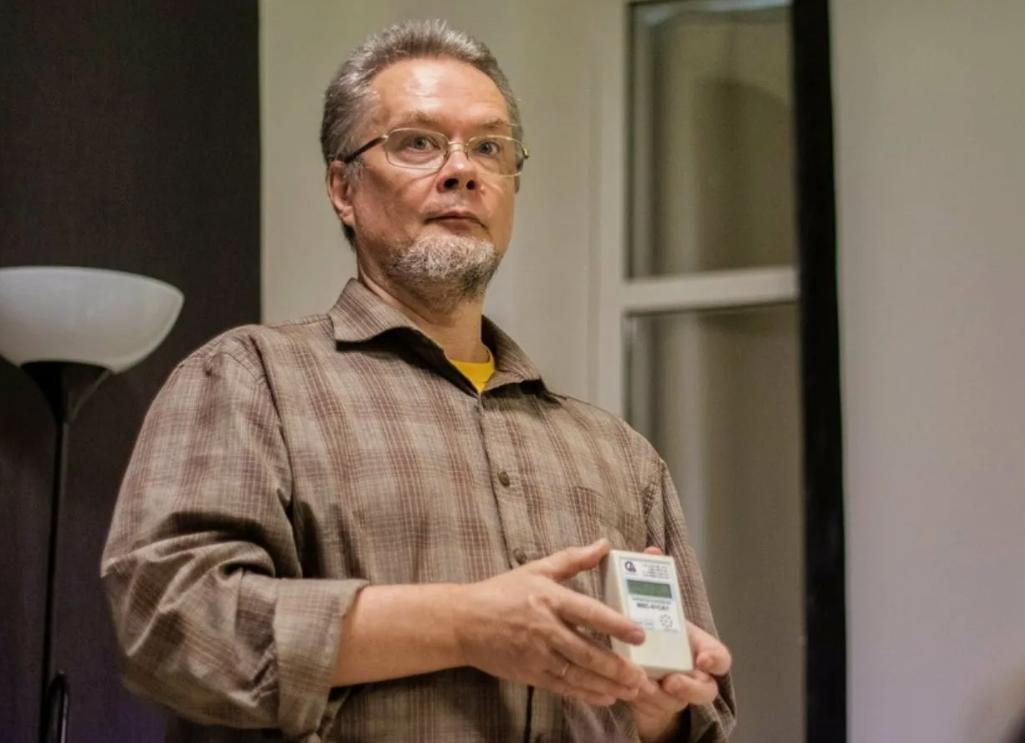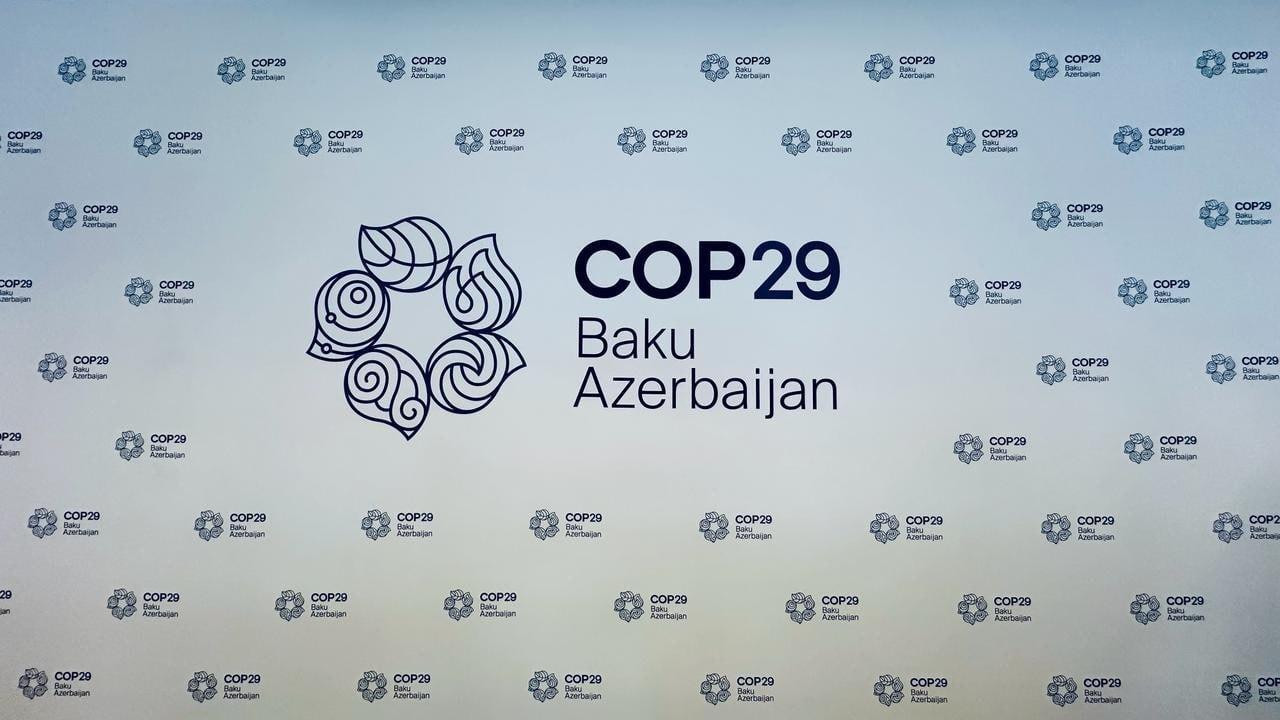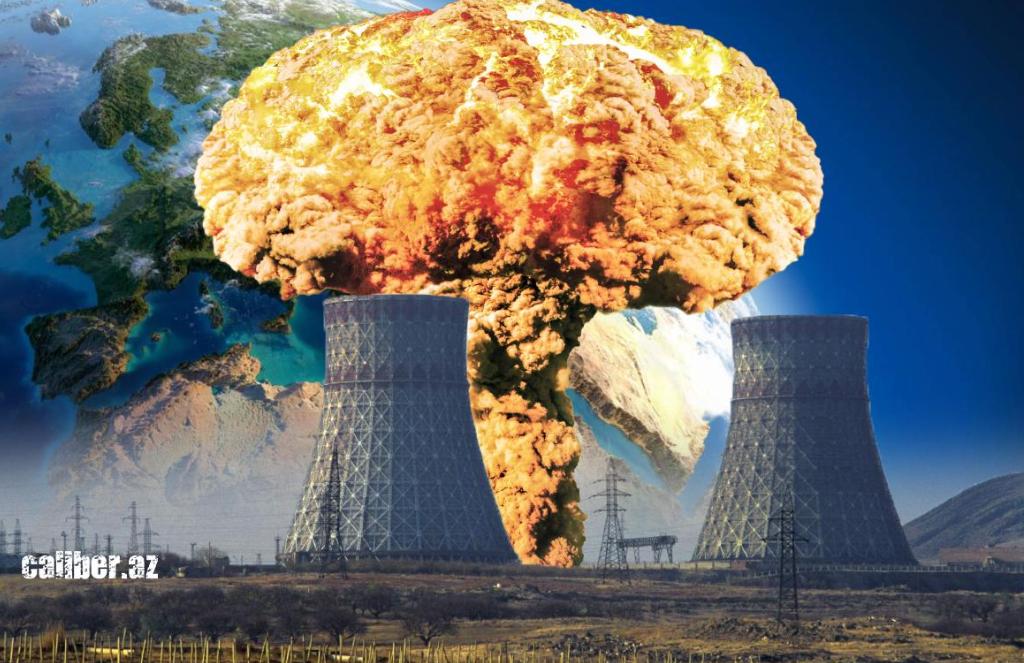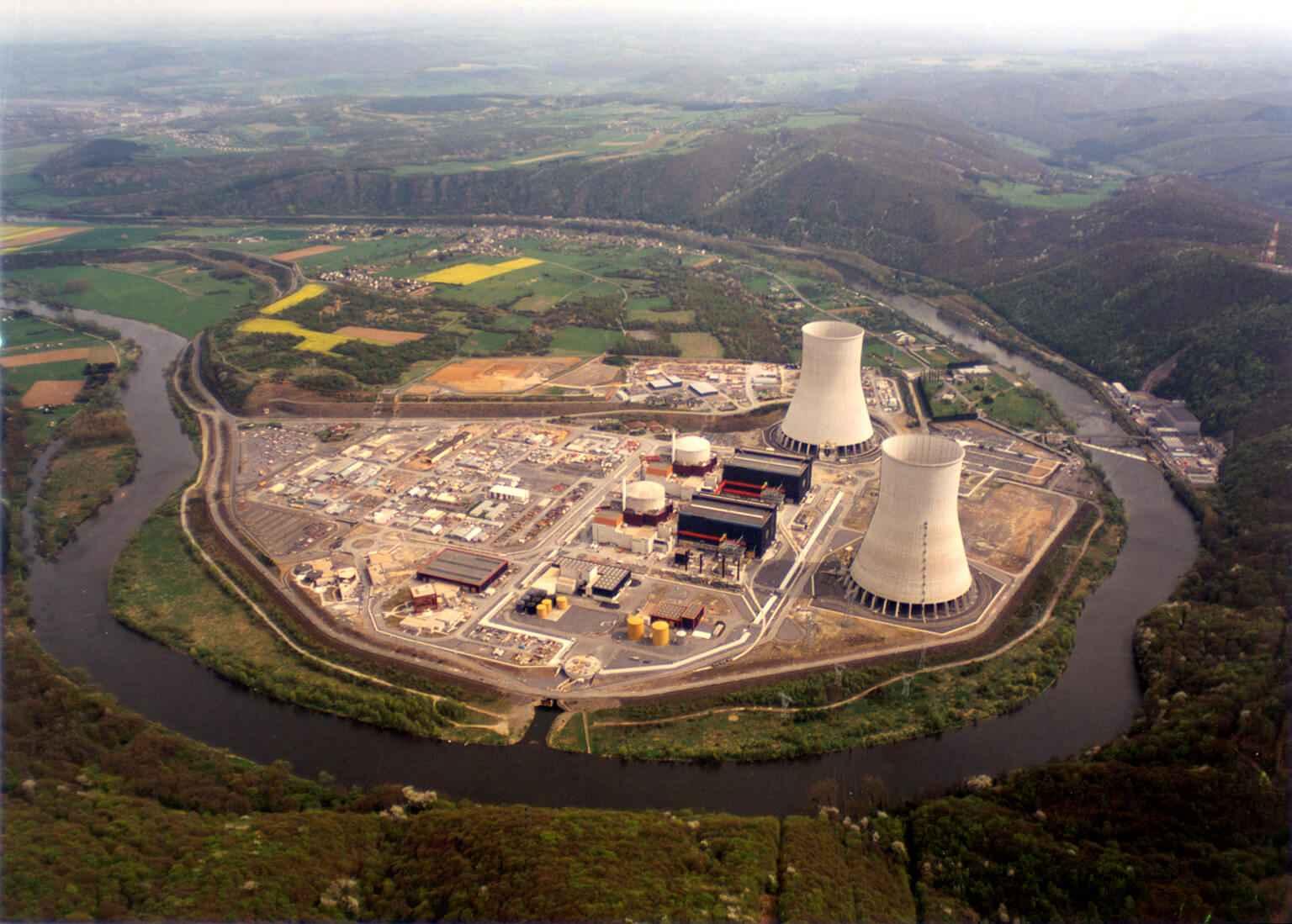Armenia counteracts renewable energy technologies Metsamor nuclear power plant still operates
Caliber.Az has had an interview with Russian nuclear physicist, ecologist, expert of the “Radioactive Waste Safety” show Andrei Ozharovsky.

— Azerbaijan is moving towards an important event - hosting COP29. How do you assess Azerbaijan’s work in this sphere?
I would note that the role of the host of the COP29 conference is more technical; it does not bear any specific obligations related to ecology. The main thing is to provide comfortable conditions, namely, logistics, infrastructure, etc. for holding this international event.
The content is provided by the UN Secretariat. However, I am pleased to observe Azerbaijan’s activity. By its own example, Azerbaijan demonstrates the possibility of a dynamic transition to the use of renewable energy sources.
It is pleasant when a country having huge volumes of fossil fuels, that is, gas and oil, does not lobby for the exploitation of these resources in the world, but, on the contrary, proves by its example the benefits and practical applicability of renewable energy sources, primarily solar and wind energy, for combating anthropogenic climate change.
So, Azerbaijan signed an agreement on the creation of renewable energy sources with a capacity of 500 megawatts in the country with the UAE and Saudi Arabia last year. At the same time, the Garadag solar power plant with a capacity of 230 megawatts was commissioned and is already operating. In general, an agreement on the implementation of “green” projects for a total of 2.9 gigawatts was signed with foreign investors within the Baku Energy Week in 2023.
This is very impressive when the matter rests in gigawatts of green energy within the country which does not have the biggest economy in the world. Of course, it’s a pity that not all countries are so responsible. Even if the only result of the negotiations at COP29 is that Azerbaijan will become a leader in the renewable energy sector, this is very good.

— What environmental issues of particular concern could be discussed at COP29?
Such negotiations are always unpredictable, each country has its own interests, not all interests coincide, and therefore some countries use the COP platform to promote goals that are often not related to environmental issues.
One of the dangers that worries me as a nuclear physicist and an opponent of nuclear energy is the possibility that the world's industrial lobbies, standing for the continued use of fossil energy sources, including uranium, will try to present their sphere as “green” and as climatically acceptable.
We have already seen such approaches in the past, both from representatives of the coal industry and from the nuclear industry. Of course, several similar lobbying events may be held within COP29; nuclear scientists from different countries will openly advertise their activity.
I hope that the COP29 participants will show healthy skepticism towards such proposals, and the world will not follow the lead of supporters of coal and nuclear energy as the danger of these obsolete technologies is quite obvious.
After all, the most important problem of modern nuclear energy is that any construction of a nuclear power plant results in the generation of electricity that is extremely expensive from the point of view of self-sufficiency; such energy is impossible without subsidies, so nuclear lobbyists will definitely come to the climate talks in Baku just to beg for money. They will ask for subsidies, tax cuts, and some other concessions - all this is expected.
— The world community has once again become concerned about the disposal of nuclear waste from the Armenian Metsamor Nuclear Power Plant. The media outlets often report about the detention of Armenian citizens trying to sell radioactive substances. What is your point of view on this problem? How can it be solved?
— The disturbing situation with the Metsamor Nuclear Power Plant and the entire energy sector in Armenia is a classic example when nuclear lobbyists are trying to prevent the use of renewable energy technologies and continue using nuclear power although Armenia can abandon nuclear energy.
Azerbaijan, which has generally similar climatic conditions as Armenia, but demonstrates an active transition to renewable energy technologies and even exports this energy to other countries, can be cited as an example. There is nothing impossible.
However, Armenia continues pretending that it has no alternatives other than using the old, dangerous Metsamor nuclear power plant. Moreover, we see that such nuclear lobbyists as Russia and France are trying to impose either new nuclear projects or extension of the operating life of the old nuclear power plant in Armenia.
There is a difficult period for nuclear energy now. One of the last hopes is to stay in such countries as Armenia where there is still nuclear legacy of the last century. The Armenian politicians must make a choice either clean, cost-effective, green energy or continue endangering the entire region by exploiting a nuclear monster due to an unwillingness to change approaches.

As for the problem of illegal removal of nuclear waste from the Armenian territory, this is another sign of our nuclear heritage. There was a real attempt to implement the slogan “a peaceful atom in every home” in the 1970-1980s during the period of so-called “nuclear optimism” especially in the USSR. The radionuclide sources which are the most dangerous use of the atom, when nuclear substances are used in industry, were used to achieve a variety of tasks, namely, in geological exploration, construction, as part of agricultural equipment.
For example, there was such a terrible Soviet project called “Gamma - Kolos”, which involved pre-sowing irradiation of seeds, and these installations were supplied to various collective farms, including those in the South Caucasus, Georgia. After the collapse of the USSR, an important task for the leadership of several post-Soviet countries was to find this ownerless equipment and isolate it so as not to be misused.
So the detention of Armenian citizens with such an ominous cargo shows that apparently, it was abducted from such facilities, rather than from the nuclear power plant which is guarded.
For example, radionuclide sources are regularly used. An incident occurred in northern Irkutsk region in spring 2024, but the source was quickly found while in Khabarovsk ordinary people with a dosimetric tool accidentally discovered a radionuclide element thrown out by someone on the road. If it had not been discovered in time, it is scary to imagine harm which it could have caused to the environment and people.
— France is one of the biggest consumers of nuclear energy in Europe, although European media outlets have repeatedly expressed concern about the safety and condition of French reactors. How do you assess this European problem?
— I am a specialist in Russian nuclear energy, so I can make only partial conclusions. One of the disadvantages of current European politics is that the EU member states do not have a single opinion on this issue. There are countries that have completely abandoned working, operating nuclear energy. However, they were not afraid to completely rebuild their economy.
These are such countries as Italy, Lithuania and Germany. For example, more than a third of electricity was generated by the nuclear industry in Germany, but Berlin took this step as opposed to France. Although Germany and France are, in principle, comparable countries in terms of economic level, where one completely lacks nuclear energy, while in other country it is an important element of the economy. In general, the situation is similar to those in Armenia and Azerbaijan, where each country made its own choice although let’s hope that Yerevan will eventually realise the situation and change its position someday.

The most important point now is that we do not see the advancement and development of nuclear energy in general. Its share is also declining in France: it was 75 per cent, but it will be 70 per cent and below soon. The share of nuclear energy today is only 10 per cent in the world. We also see a trend towards its reduction. The countries lobbying for the atom often have a nuclear missile arsenal as there is an inextricable link between the military and peaceful atom.
For example, France owns such weapons, however, Germany does not have atomic weapons, and its categorical rejection of nuclear power in favour of renewable energy sources looks very symbolic. This decision was made easily. According to the environmentalists' forecasts, Switzerland will most likely abandon nuclear energy, and then Sweden. The renewable energy sources are successfully replacing these archaic elements of the economy in the countries without monopoly and support from big companies and the state in the field of nuclear energy.








